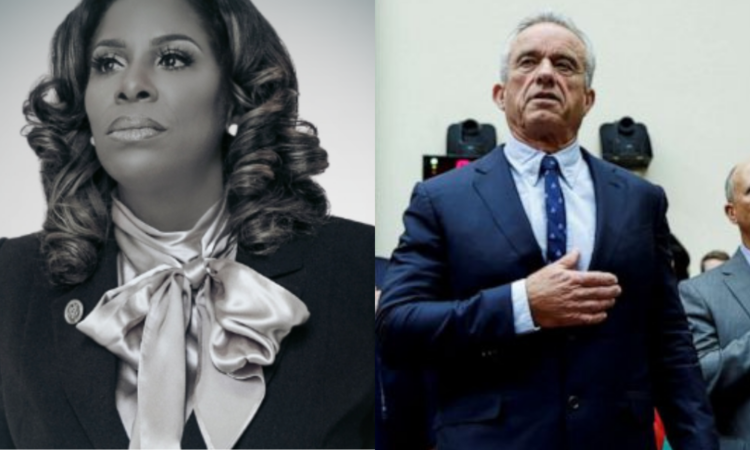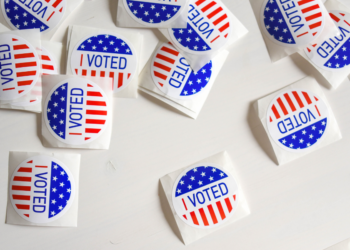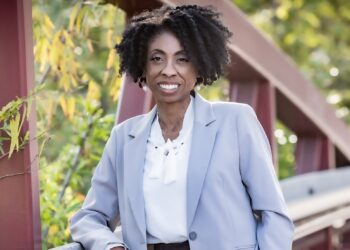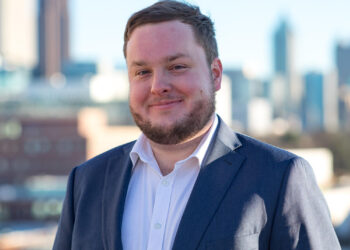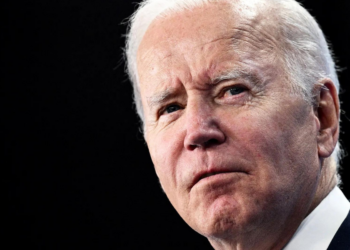In a heated hearing before a House subcommittee, Democratic presidential candidate Robert F. Kennedy Jr. faced strong accusations from Stacey Plaskett, the ranking member on the subcommittee.
Plaskett accused Kennedy of deliberately spreading vaccine misinformation that targeted Black Americans. The hearing, which was originally meant to discuss government “weaponization,” took a sharp turn as Kennedy defended himself against claims of racism and anti-Semitism.
“I’m subjected to this new form of censorship, which is called targeted propaganda, where people apply pejoratives like ‘anti-vax.’ I’ve never been anti-vaccine,” he argued. “But everybody in this room probably believes that I have been because that’s the prevailing narrative.”
Kennedy’s appearance before the GOP-led House Judiciary Committee’s subcommittee drew criticism from 102 Democratic representatives who signed a letter opposing his testimony.
The opposition stemmed from comments made by Kennedy that were recorded and leaked over the weekend, where he appeared to endorse a false conspiracy theory that COVID-19 was deliberately targeted at certain ethnicities, including Caucasians and Black people.
Health officials worldwide have debunked the notion that COVID-19 was racially or ethnically targeted, attributing the disproportionate impact on certain groups to underlying health inequities.
Plaskett condemned Speaker Kevin McCarthy and Ohio Republican Rep. Jim Jordan, the subcommittee’s chair, for providing a platform for Kennedy’s harmful views. She argued that by allowing Kennedy to testify, they were endorsing dangerous speech and giving it legitimacy within the halls of Congress.
While acknowledging Kennedy’s right to free speech, Plaskett emphasized that it did not entitle him to a platform without accountability.
“They intentionally chose to elevate this rhetoric to give these harmful, dangerous views a platform in the halls of the United States Congress,” Plaskett said. “That’s endorsing that speech. That’s not just supporting free speech. They have co-signed on idiotic, bigoted messaging.”
Related Story: Candace Owens Gets Denied a COVID-19 Test For Spreading Misinformation
McCarthy, in response to the controversy, stated that he disagreed with Kennedy’s remarks but believed that censoring him was not the solution.
“I disagree with everything he said. The hearing that we have this week is about censorship. I don’t think censoring somebody is actually the answer here.”
During his testimony, Kennedy defended himself against accusations of racism and anti-Semitism, claiming that his views were being distorted and misrepresented. He called out the Democrats who signed the letter opposing his appearance, arguing that it was an attempt to censor him and the purpose of the hearing itself.
“‘I’ve spent my life in this party. I’ve devoted my life to the values of this party,” he said. “This — 102 people signed this. This itself is evidence of the problem that this hearing was convened to address. This is an attempt to censor a censorship hearing.”
The contentious hearing shed light on the ongoing debate surrounding vaccine misinformation and its impact on public health.


